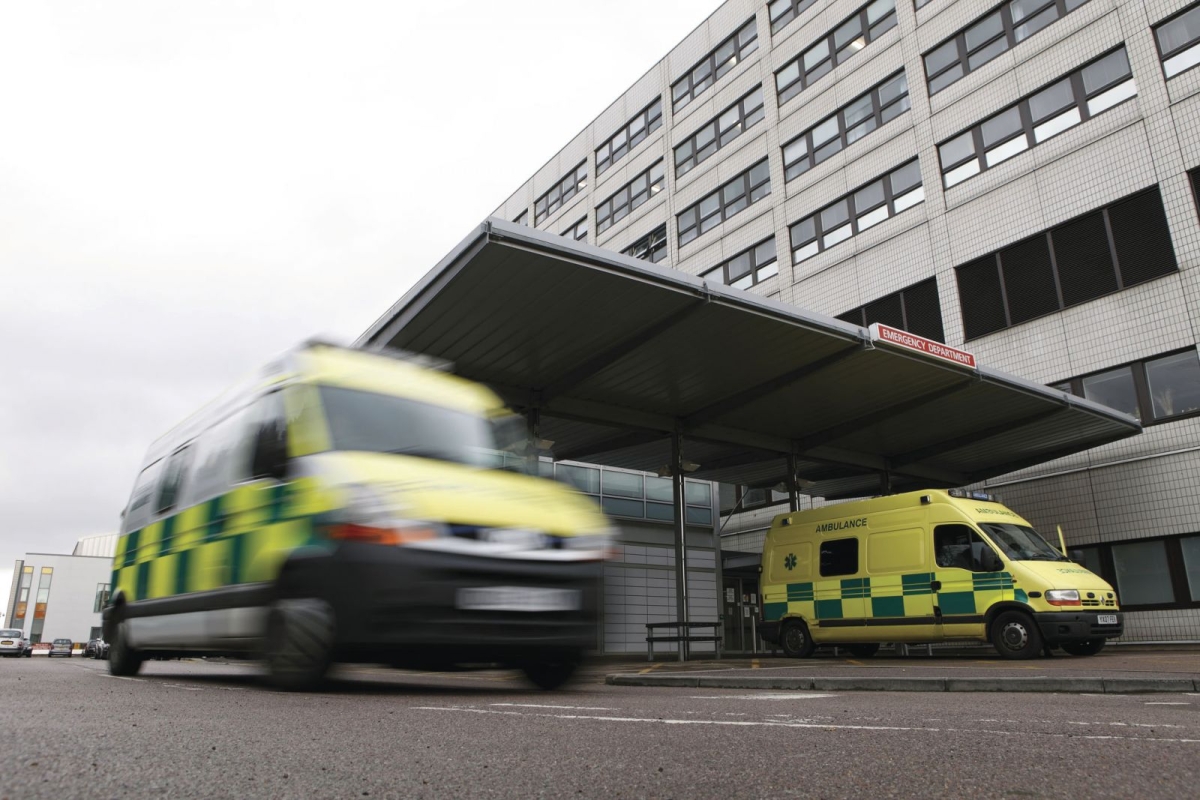 Ensuring services are available around the clock to meet the 24/7 aspiration is a significant challenge for every trust even before finances are taken into account. With NHS trusts forecasting a combined end-of-year net deficit of around £2.3 billion for 2016/17, many are focusing their efforts on cost reduction.
Ensuring services are available around the clock to meet the 24/7 aspiration is a significant challenge for every trust even before finances are taken into account. With NHS trusts forecasting a combined end-of-year net deficit of around £2.3 billion for 2016/17, many are focusing their efforts on cost reduction.